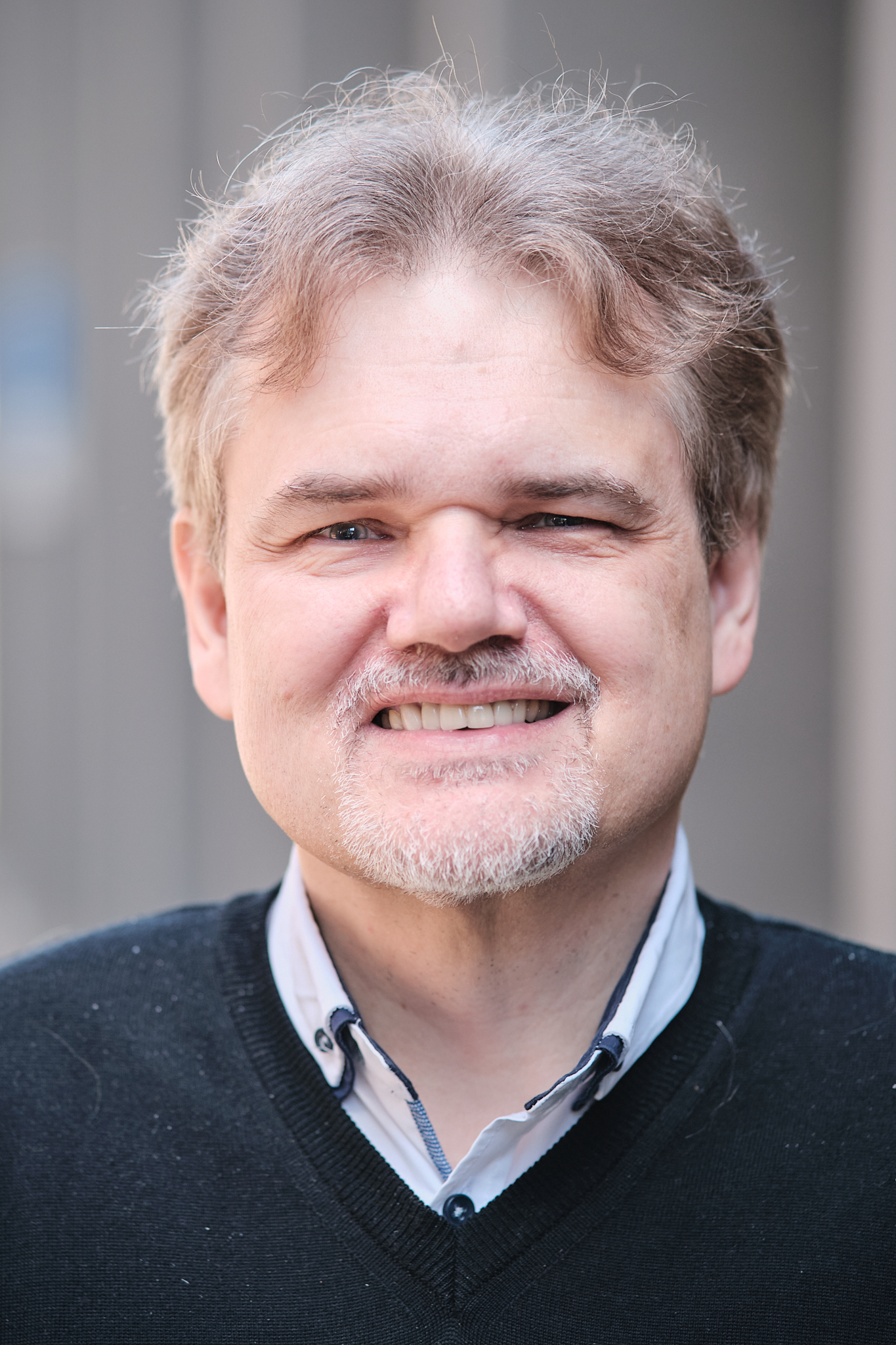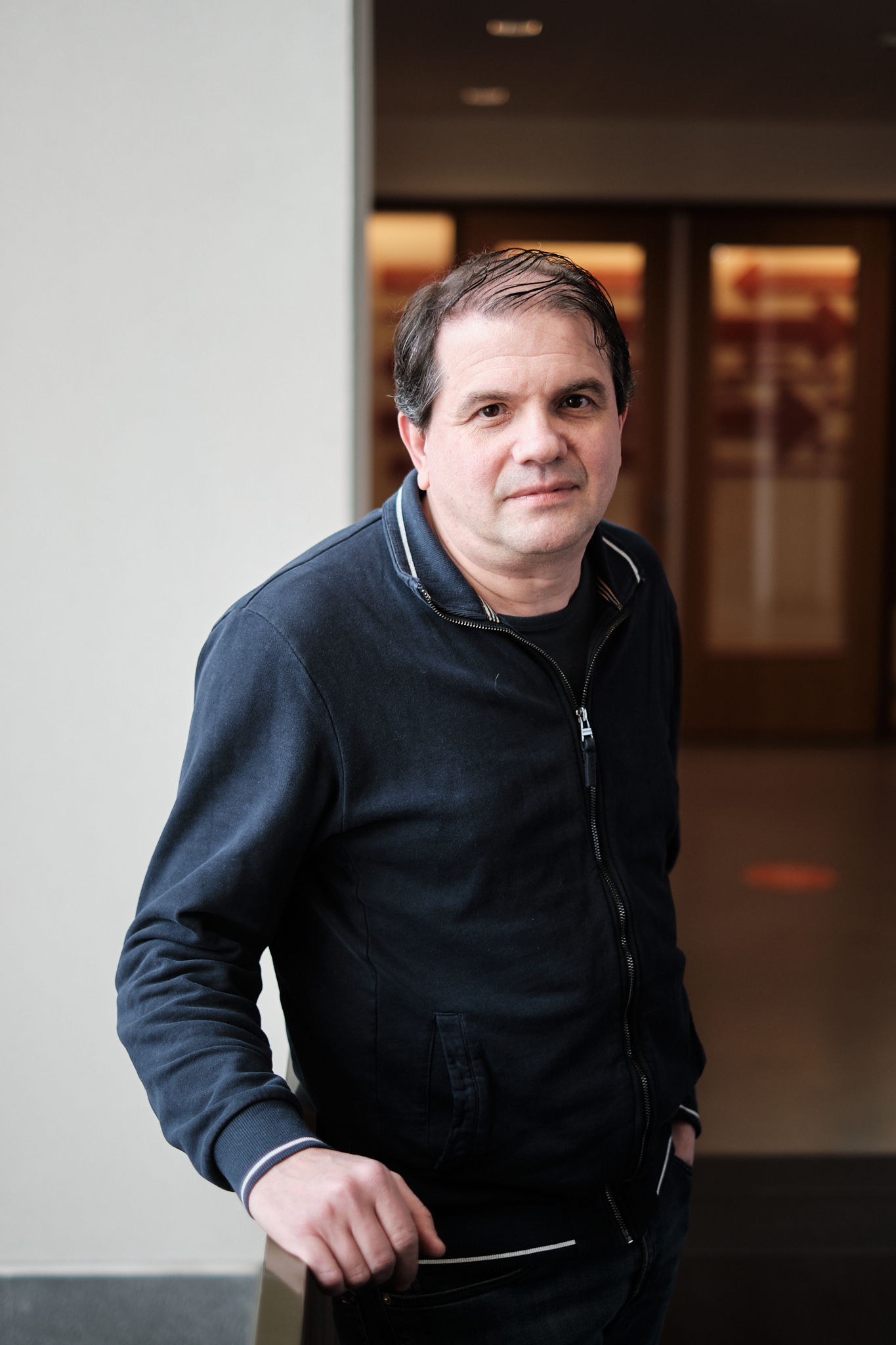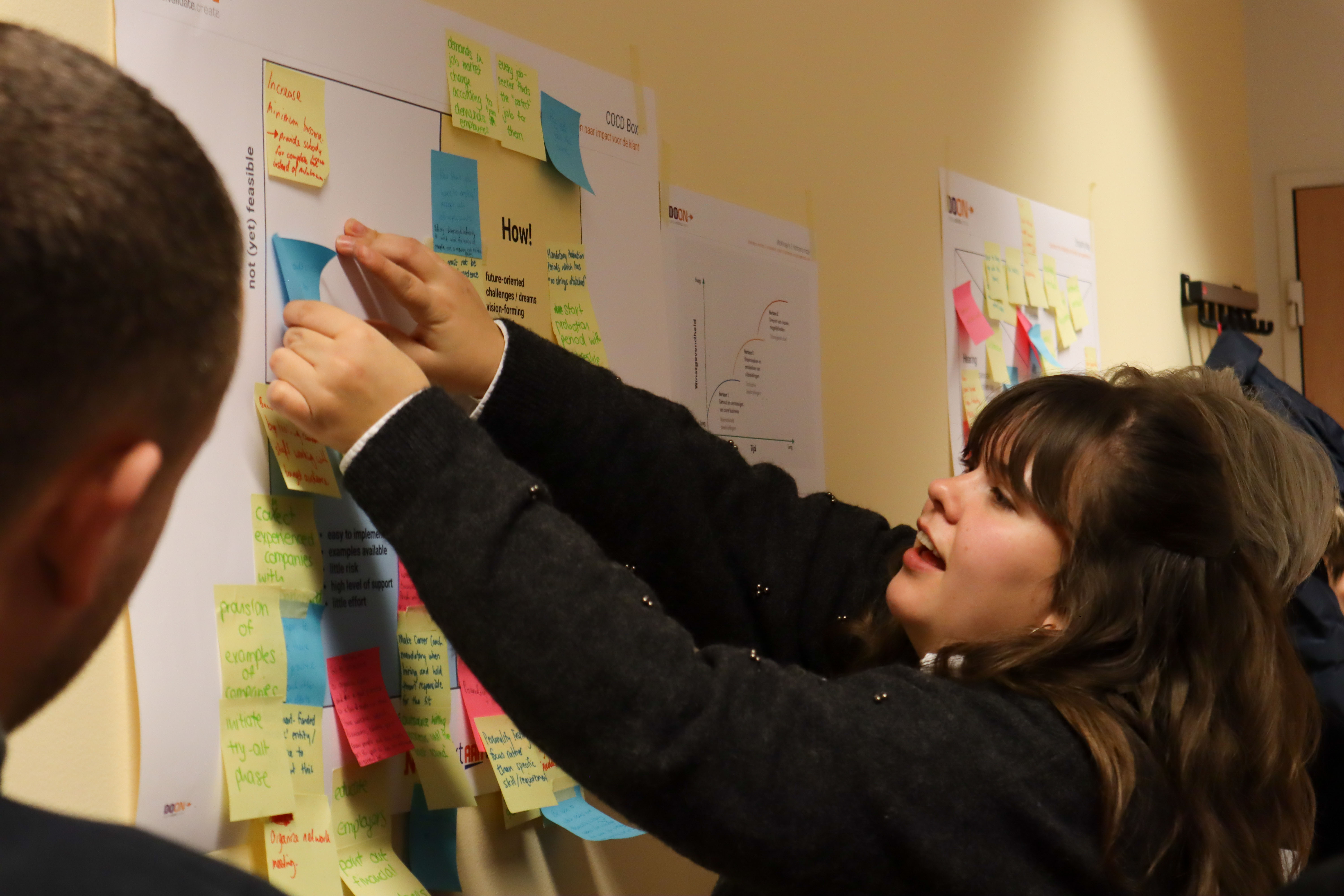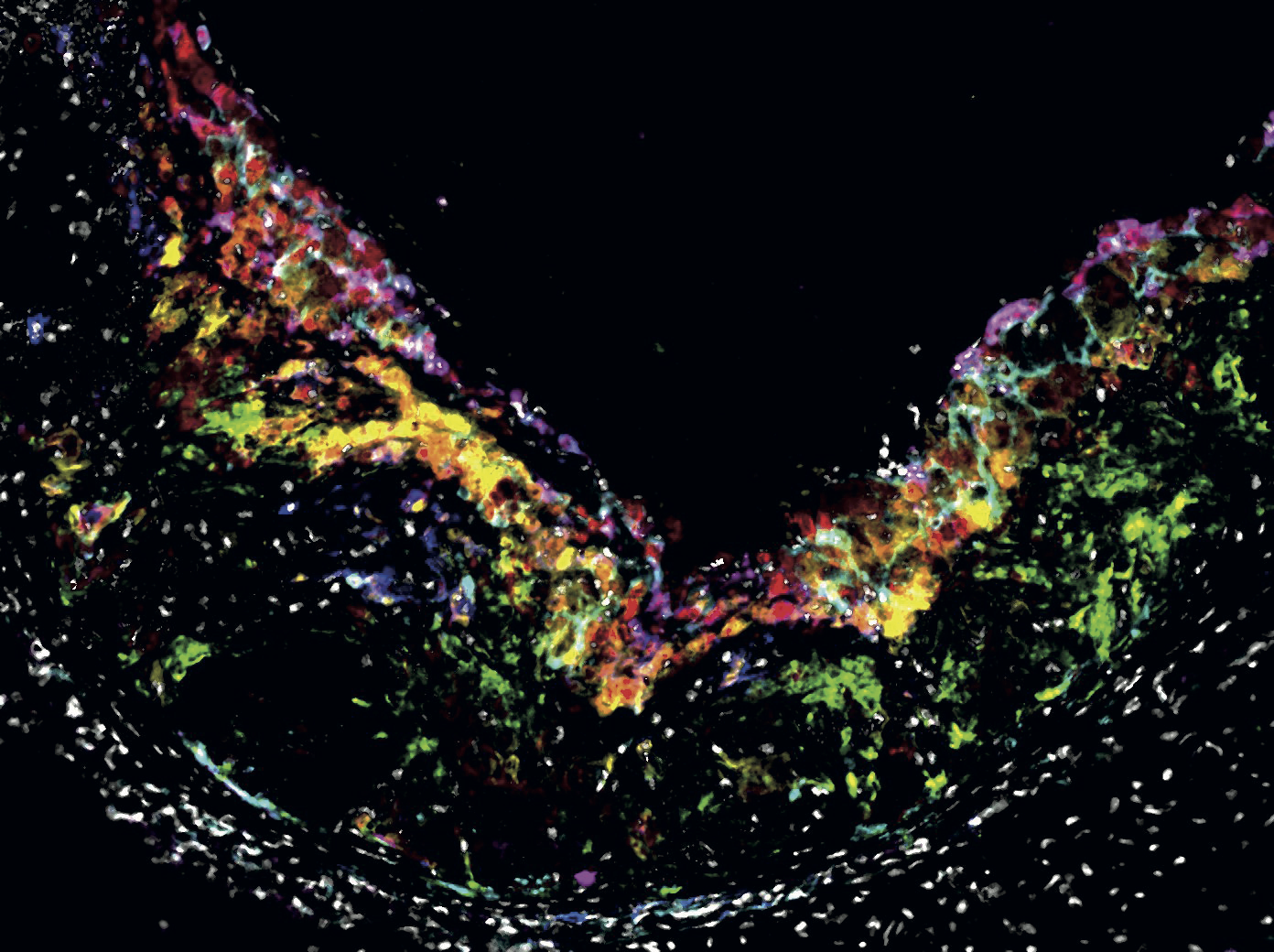News
-
FPN’s prof. dr. Rainer Goebel has been awarded an ERC Advanced Grant of € 2,5M for his research project Reading the Mind’s Eye: AI inspired personalised brain models of mental imagery. Goebel is among 255 researchers (out of 1829 applications in all domains) in Europe to receive the grant, and he is...
-
Professor Fred Zijlstra is set to retire in May. How does he look back on his career? What is his take on current developments in the field of work and organisational psychology? And how can we, as a society, best organise work—now and in the future?
-
On 8 June, Professor Fred Zijlstra will bid farewell to the Faculty of Psychology and Neuroscience and his Chair in Work and Organisational Psychology. In his farewell address, he will look back on the work that has fascinated him for so long. We met him in his office to get a preview of this...
-
Elia Formisano, professor of Neural Signal Analysis at the Faculty of Psychology and Neuroscience recently published a paper in Nature Neuroscience in collaboration with Bruno Giordano at Université Aix-Marseille, France and Michele Esposito, Giancarlo Valente. The title of the paper is Intermediate...
-
Do vegetables taste better if you get to choose? With her research, Rosalie Mourmans, PhD student at the Faculty of Psychology and Neuroscience, tries to answer this question. This research earned her a place among the ten finalists of the Klokhuis Science Prize: a prize for interesting scientific...
-
Dr. Brenda Erens recently obtained her PhD at the Faculty of Psychology and Neuroscience. We talked about her work and upcoming challenges.
-
The master’s programme Work, Health and Career (WHC) joined forces with the Dutch initiative ‘NL werkt aan werk’ to organise a mini-hackathon. The purpose of the hackathon was to bring students, employers, unemployed people and labor market professionals together to brainstorm about current labor...
-
Our liver is a special organ: if you cut away part of it, in most cases a new piece of liver will grow back. If someone has cancer in the liver, the affected part of the liver can be surgically removed. But you can only do this if at least 30% of the liver remains. For many patients whose remaining...









